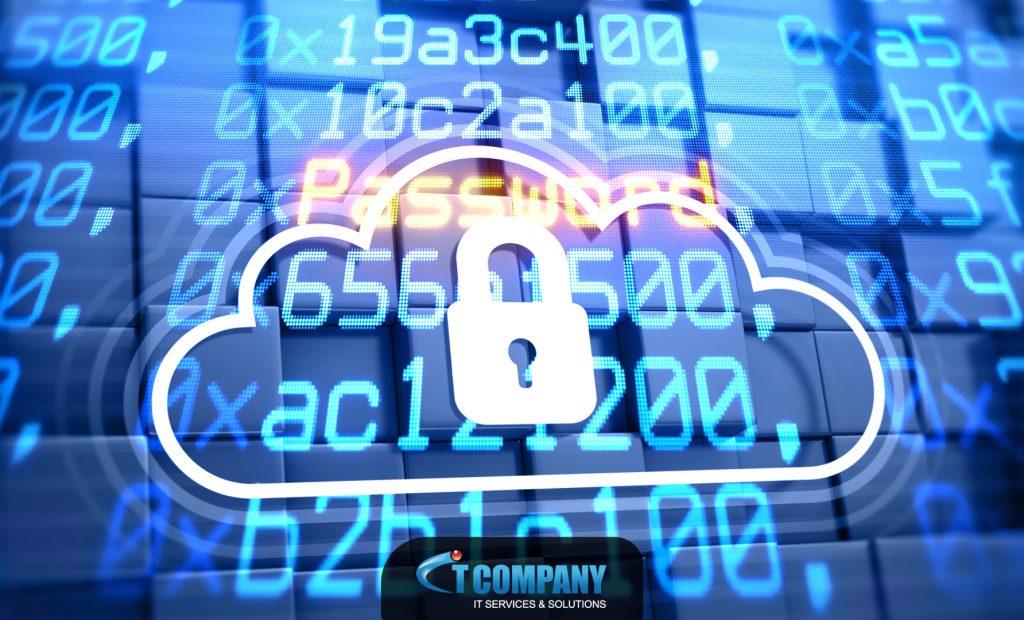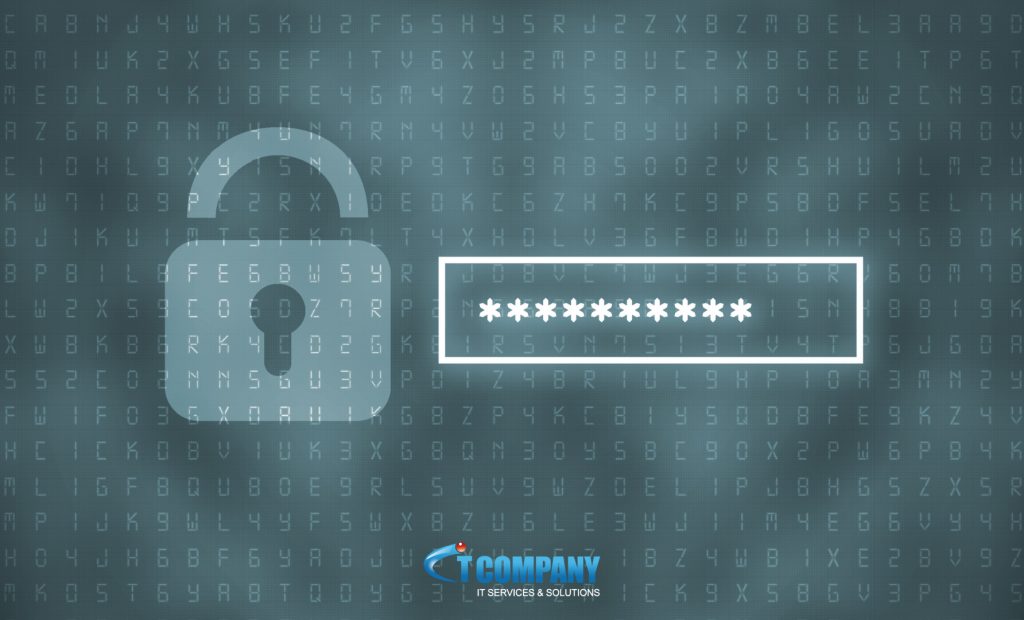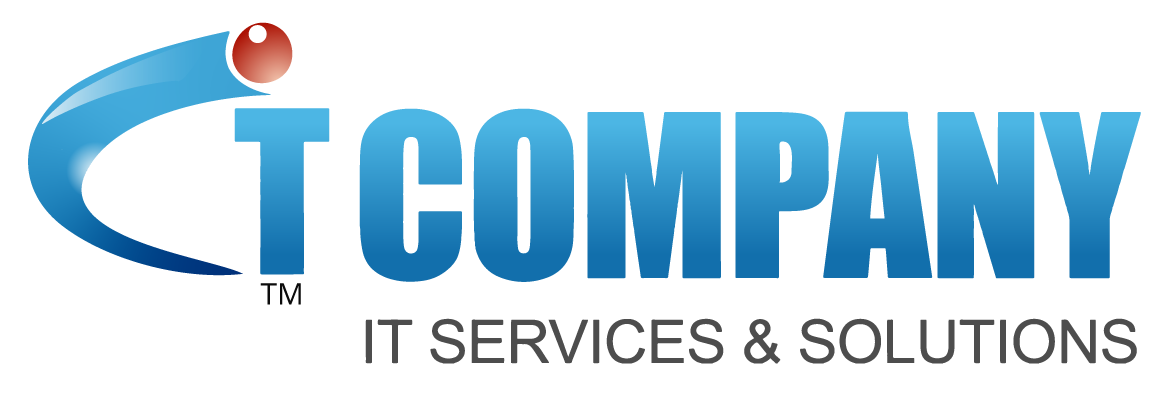You’d be correct if you assume most of us still use 123456 as our password.
Those repeated cautions about the importance of strong passwords appear to be falling on deaf ears, as the newest findings suggest that most individuals are still using the same-old, easy-to-guess password combinations that we’ve all seen.
Cybersecurity experts at CyberNews recently studied 56 million passwords that were compromised, leaked, or found their way to the wider internet this year to see if any trends emerged. As it turns out, we still like to use the password sequence “123456” since it is by far the most prevalent, with 111,417 instances. “Admin” is another common term, with almost 17,000 entries, followed by “root” and “guest.”
Why strong and secure passwords are important?

Table of Contents
ToggleUnauthorized access may be a serious issue for everyone who uses a computer or other high-tech gadgets, such as a smartphone or tablet. According to the online security website, Victims of these cyberattacks may suffer the loss of valuable data such as presentations, email security, and music. Victims’ bank account information, money, or even their identity may be taken. Furthermore, unauthorized users may utilize another person’s computer to breach the law, perhaps putting the victim businesses like their websites in jeopardy rendering website security costs. The only solution is – stronger passwords. Passwords are a way for a user to show that they are permitted to use a computing device. A single device can have several users, each with its password. Passwords are similar to a lock-and-key system in that only the correct key grants access. The distinction is that each individual has a separate key for the same door.
What are some of the most common/weaker passwords?
People, according to the survey, prefer to use various names in their login credentials. Popular sports team names, personal names, celebrity names, and month and day names have all been seen to be often utilized. Users were also discovered to use swear words, with one specific obscenity being used nearly 300,000 times.
How do weaker passwords affect you?
Computing devices, thanks to advances in technology, exist in a variety of shapes and sizes, including desktop computers, laptop computers, cellphones, music players, and tablets. Any of these devices can communicate with other computer devices to share information, and in many situations, they can interact with banks to make financial transactions. Due to a lack of cyber security solutions these workstations are potentially vulnerable to unauthorized user exploitation, users should always safeguard them with passwords.
Another issue with weak passwords is that some products come with pre-set passwords, with developers expecting end-users to update factory settings with their own passwords as soon as possible. In many situations, this never occurs, and numerous apps and endpoints are left with passwords that are trivial to guess for lengthy periods of time.
Points to remember as Password Security Essentials

Users must understand essential password security aspects in order to limit the probability of a hacker cracking their password and so obtaining access to their device.
- Above all, passwords must be lengthy and difficult.
- Longer and more complicated passwords take more work and time to guess.
- Passwords should be at least 10 characters long and comprise a combination of commas, percent signs, parenthesis, upper-case and lower-case letters, and digits.
- Users should never write down their passwords since doing so makes it easy for someone else to steal and use the credentials.
- Also, never use the same password for two or more devices, as hackers who get access to one machine will attempt to gain access to others using the same password.
Recommendations
The computing devices additionally feature a management-level user, or “superuser,” who may control other users and change the software of the computing device, among other things. This superuser account is also referred to as “root” or “administrator.” This is crucial to understand because, while hackers will attempt whatever password they can get their hands on, they will usually try to access the superuser password first since it provides them the greatest access over a device.
Cybernews’ Head of Security Research recommended that it is critical for users not to rely exclusively on developers to secure their credentials and personal data by establishing new online safety habits, beginning with strong password generation and cybersecurity knowledge. There should be a secure website checker and vulnerability assessment scanner to keep your email secure and website security maintained. As many services are interconnected, even a single stolen password might result in many accesses, possible damages, and time-consuming recoveries.





